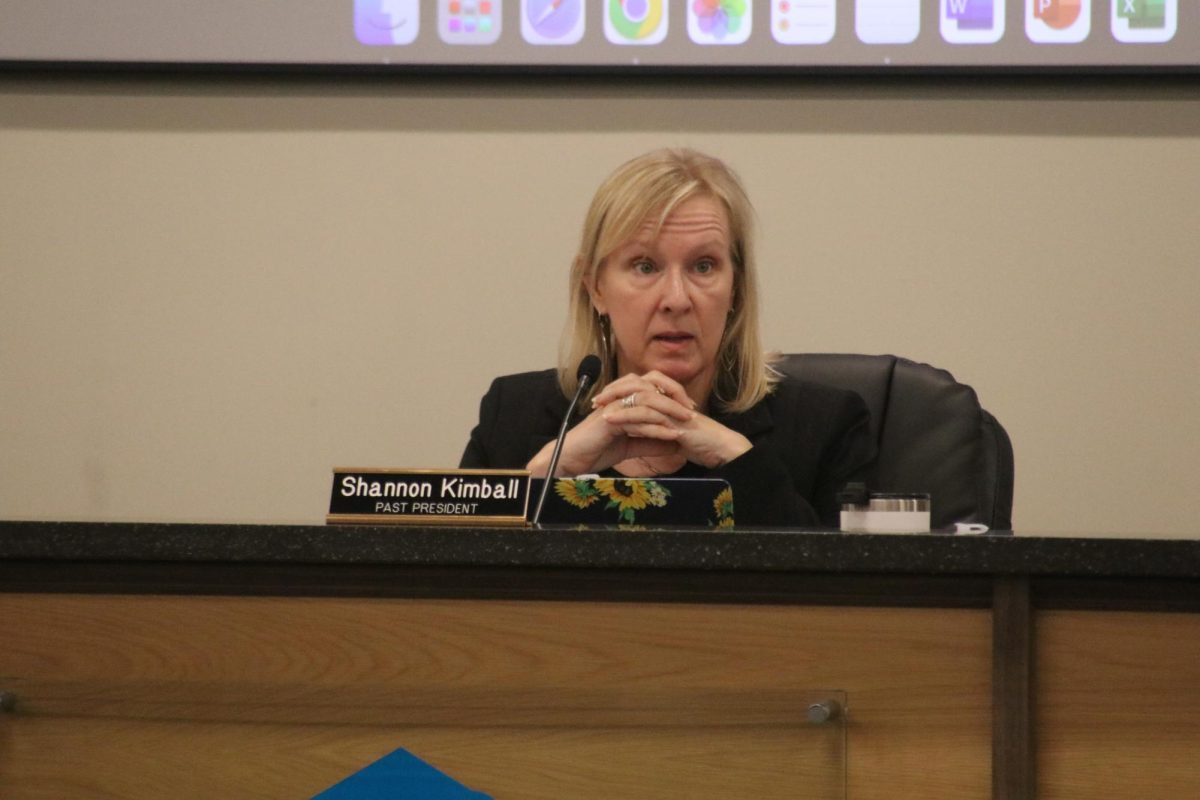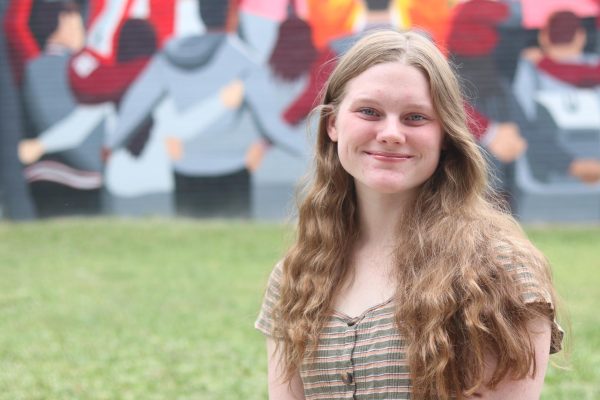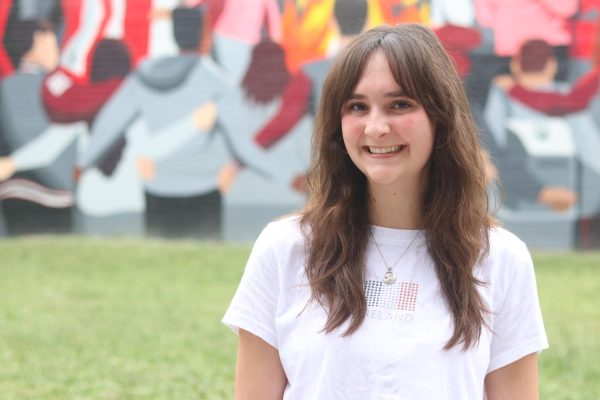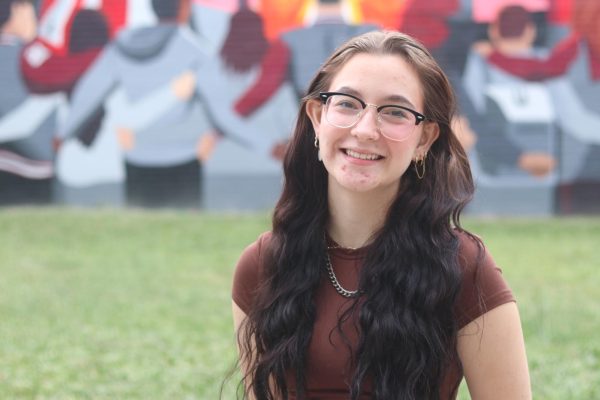Lawrence USD 497 will continue to monitor students through the use of Gaggle, AI-based software that promises to prevent self-harm and suicide, after a 6-1 school board vote on Monday night.
The decision came as the board met to discuss numerous annual contracts up for renewal, including Gaggle. Gaggle uses AI and humans to review images, documents, photos and emails connected to students’ Google Suite accounts.
Lawrence High School journalism adviser Barbara Tholen raised concerns regarding government surveillance and student privacy.
“Our school administrators are no longer trusted adults but are perceived as spies, secretly intercepting everything students write or draw, and acting on those words and images, without context and regardless of a student’s wishes,” Tholen said. “It’s unfair to put those administrators in that position and bad for everyone.”
Journalism students this year raised First Amendment concerns about Gaggle, leading the district to agree to remove journalism students at both high schools from its reach. Gaggle was implemented in November.
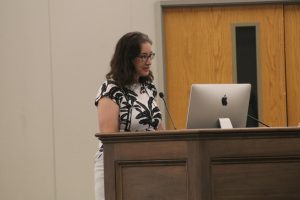
After Tholen’s comments, board member Carole Cadue-Blackwood requested to move the topic of Gaggle from the consent agenda to new business so board members would have time to discuss it and vote on it separately. Cadue-Blackwood cast the lone dissenting vote, citing concerns about protecting student artists. Art students faced the loss of some of their work because of Gaggle before the district found a way to return files.
“My concern is stifling creativity,” Cadue-Blackwood said. “At this time I would not be in support of renewing Gaggle just for the sole reason of creativity.”
Board member Bob Byers emphasized the original purpose of the software.
“I know we talk a lot about suicide prevention,” Byers said. “Gaggle’s function is also looking at the safety of our youth in our school or in our community because they will catch action or could theoretically catch actions that they are planning outside of school.”
Board members addressed Tholen’s concerns about student privacy.
“Our board policy very clearly states that there is not an expectation of privacy when students or staff use district-issued email or devices,” board member Shannon Kimball said. “We were already doing this before we engaged with Gaggle. I actually think it’s probably a better process that we don’t have an individual staff member that are doing that work on a case-by-case basis.”
Student journalists this spring challenged the assertion that students have no privacy rights as part of their push to have the board update its policies. But Superintendent Anthony Lewis likened the searches to others a school might conduct.
“Gaggle uses machine learning software to flag any type of self destructive behavior or pictures, and then a human intervention is kind of like a drug-sniffing dog going through lockers,” Lewis said.
However there were still questions from board members like Yolanda Franklin about the cost for the quality of functionality provided by Gaggle.
“If we’re going to do this for $53,000, can we really fine tune it so that every class that has a project is not flagged?” Franklin asked.
Although board members said Gaggle was important for supporting students’ mental health, Tholen noted there are more effective solutions.
“We need students to share concerns openly with us,” said Tholen, expressing concerns that Gaggle was damaging relationships with students. “That saves lives. And that’s why our professional development is always focused on building relationships.”



